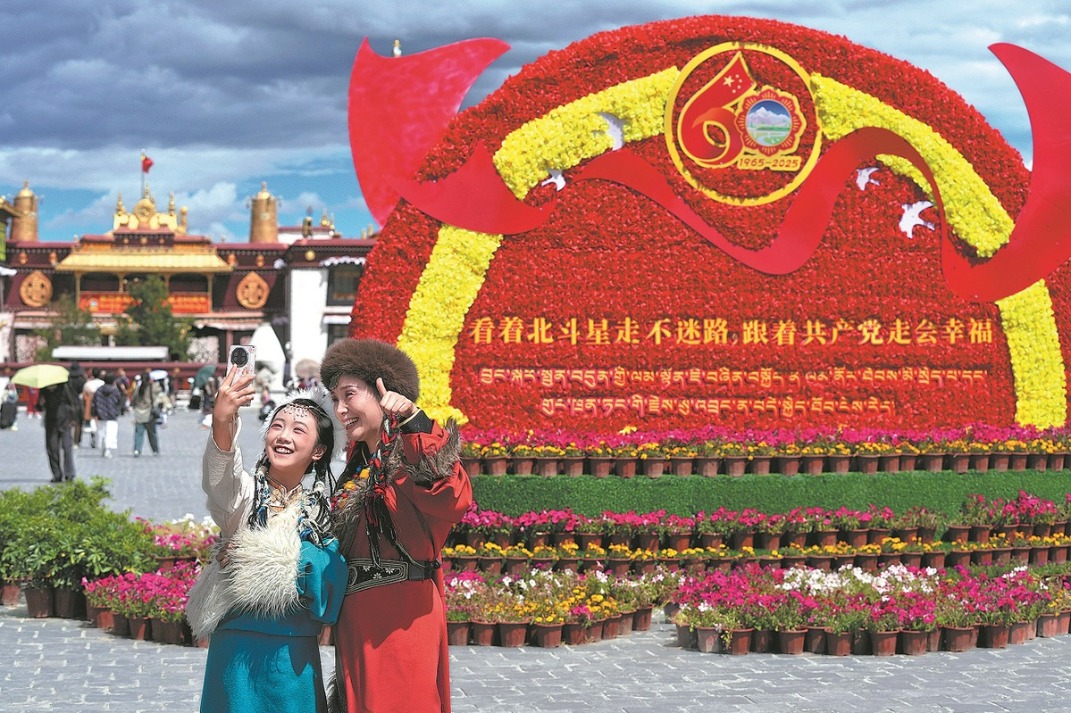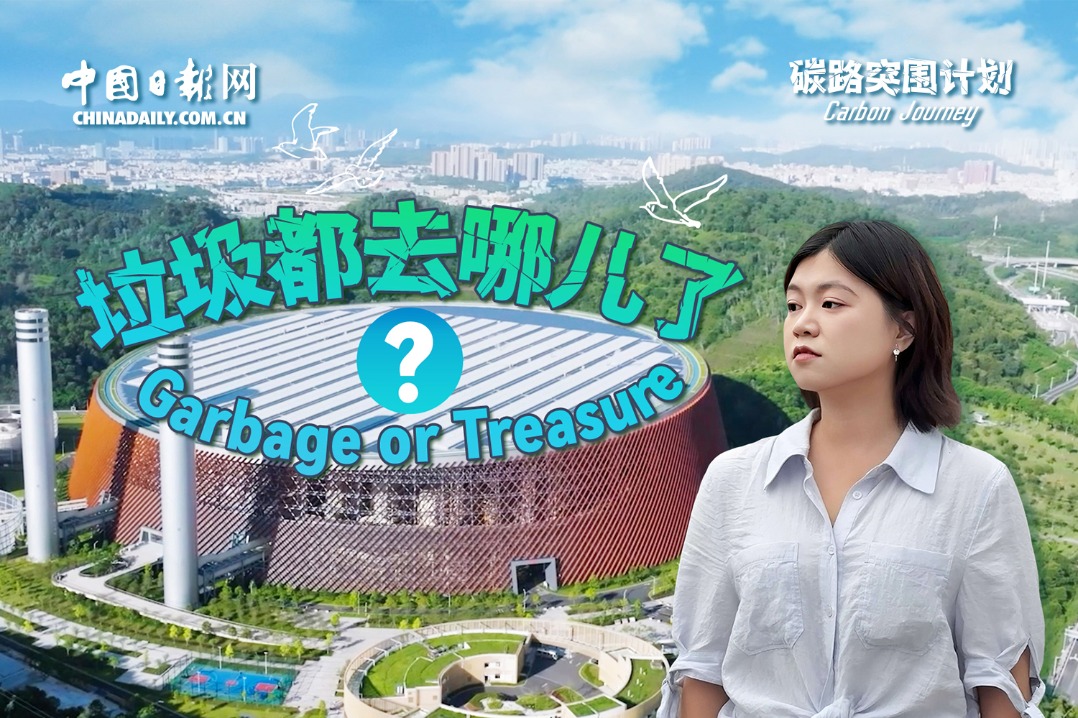Ecuador's presidential candidate shot dead

QUITO — Fernando Villavicencio, Ecuador's candidate for the presidential election later this month, was killed on Wednesday in an armed attack following a political rally in Quito, the country's capital, Ecuadorian President Guillermo Lasso confirmed.
"My solidarity and condolences to his wife and daughters. Because of their memory and their struggles, I assure you that this crime will not go unpunished," Lasso said through his account on the social network X, formerly known as Twitter.
The security Cabinet is set to meet at the Carondelet Palace, the seat of government. Diana Atamaint, president of the National Election Council, and Diana Salazar, the state attorney general, as well as officials from other national authorities, were asked to attend the meeting, said the president.
"Organized crime has come a long way, but the full weight of the law is going to fall on them," he added.
Ecuador's attorney general office said that one suspect died in custody from wounds sustained in a firefight after the killing, and police detained six suspects following raids in Quito.
In his final speech before he was killed, Villavicencio promised a roaring crowd that he would root out corruption and lock up the country's "thieves".
Prior to the shooting, Villavicencio said he had received multiple death threats, including from affiliates of the Sinaloa Cartel, one of a slew of international organized crime groups that now operate in Ecuador. He said his campaign represented a threat to such groups.
"Here I am showing my face. I'm not scared of them," Villavicencio said in a statement.
Villavicencio was one of eight candidates, though not the front-runner. The politician, 59, was the candidate for the Build Ecuador Movement.
The incident occurred in the middle of an electoral campaign and 11 days before the presidential election scheduled for Aug 20, in which Lasso's successor and 137 members of the country's National Assembly will be elected.
Villavicencio was one of the country's most critical voices against corruption, especially during the 2007-17 government of president Rafael Correa.
He was also an independent journalist who investigated corruption in previous governments, later entering politics as an anti-graft campaigner.
Agencies - Xinhua
Today's Top News
- Xi to attend SCO Tianjin Summit, host relevant events
- AI role key in stimulating consumption
- Discovering truths about happiness on roof of world
- 60 years of progress marked
- The prospects for Cambodia-China cooperation
- Glimpses of Chinese path to modernization






























